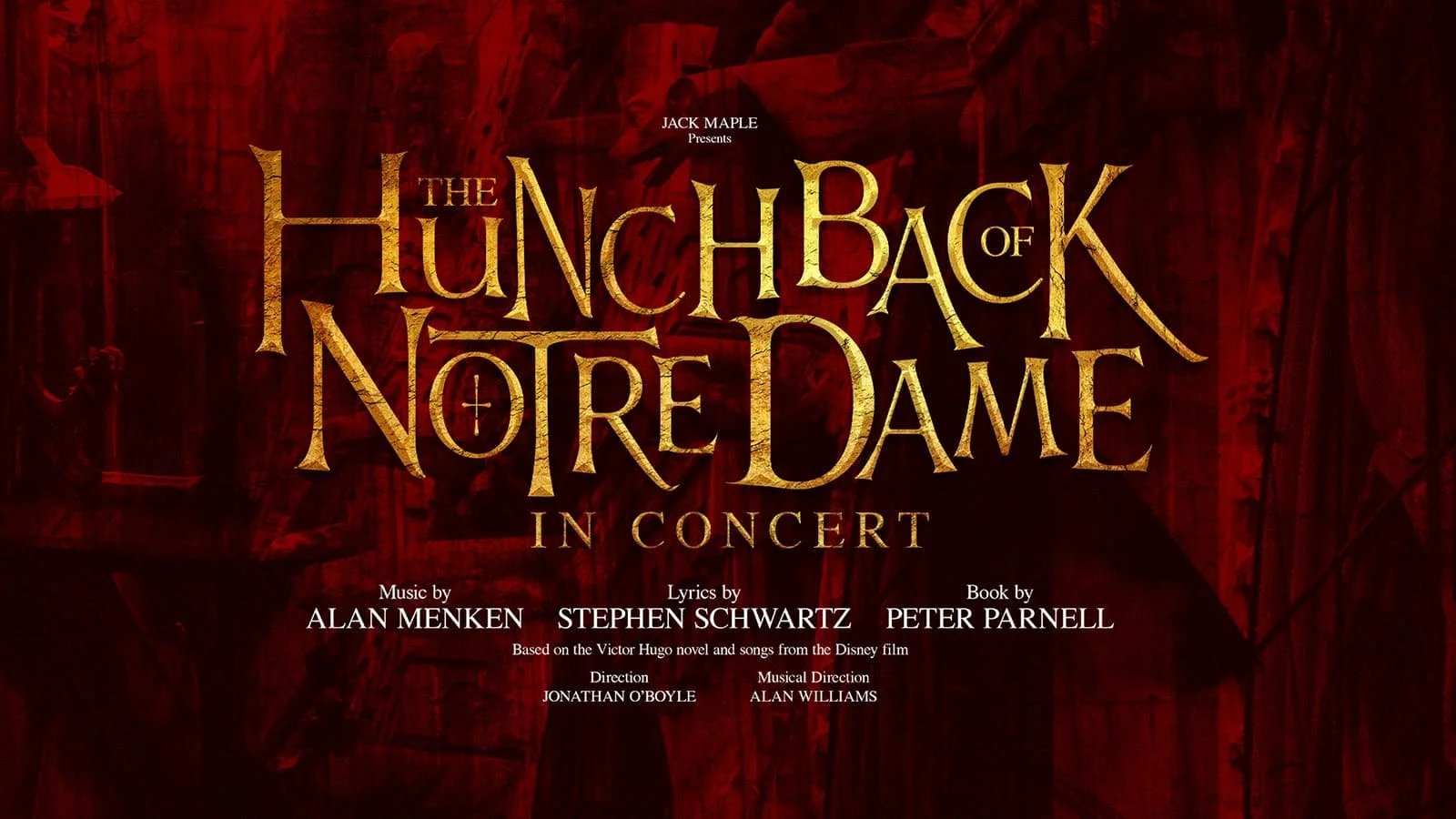Controversy Surrounds Casting of Quasimodo in West End’s “The Hunchback of Notre Dame” Concert
by Chris Peterson
London’s Prince Edward Theatre is gearing up for a concert staging of The Hunchback of Notre Dame on August 17 and 24 but the buzz isn’t just about the music. It’s about the casting. Specifically, the decision to put Ben Joyce, an able-bodied actor, in the role of Quasimodo, a character famously known for his disabilities.
Here’s the deal: Quasimodo isn’t just any character. He’s the bell-ringer with a severe spinal deformity, partial blindness, and deafness. Those physical realities shape his entire story from his isolation to how society treats him. So when a non-disabled actor steps into those shoes, it raises red flags. Why? Because it’s part of a long history of “cripping up,” where non-disabled performers take disabled roles often without true authenticity.
Equity, the UK actors’ union, isn’t having it. They say disabled roles should go to people with disabilities full stop. Non-disabled actors should only get those roles if there’s absolutely no actor with disabilities ready and able. And many feel this production skipped over that crucial step.
Disability advocate Katie K didn’t mince words either. She called this casting a missed opportunity to normalize disability on stage. Representation matters. It helps fight stigma and bullying that people with disabilities face every day. Seeing authentic portrayals changes perceptions and maybe even saves lives.
On the flip side, the show is trying to be accessible in some ways. Deaf performer Oliver Hewing will provide British Sign Language interpretation of Quasimodo during the August 24 show. That’s a nice gesture. But why only one performance? Why not all? Accessibility shouldn’t be an afterthought or a checkbox.
Oliver Hewing’s own story is pretty inspiring born with hearing loss he learned to dance by feeling the music’s vibrations. He’s proof that disability doesn’t mean inability. His presence on stage brings realness that can’t be faked.
Then there’s Changing Faces, a charity fighting for better representation of people with visible differences. They want actors with those lived experiences front and center not just sidelined or replaced. Authentic casting isn’t just a feel-good move it’s about real opportunity and respect.
This controversy shines a harsh light on a bigger problem the performing arts still struggle with true inclusion. Casting roles of people with disabilities with non-disabled actors is a shortcut that hurts everyone especially actors with disabilities. The industry talks a big game about diversity but the reality often falls short.
Some argue that finding actors with disabilities who can handle demanding roles is tough. Fair. But it’s also on the industry to invest in training and support. If you want inclusion you have to build the pipeline.
Ben Joyce is a talented actor. No doubt. But talent isn’t the only thing on the table here. It’s about fairness authenticity and changing a system that’s left too many voices out.
This issue isn’t new. For decades, characters with disabilities have been played by non-disabled actors in movies, TV, and theatre. Sometimes those performances get praised, but often they feel like cheap substitutes. It’s like watching someone try to impersonate an experience they don’t truly understand. That’s not just frustrating for actors with disabilities—it’s disrespectful to the communities these stories represent.
There’s also the question of nuance. Disability isn’t a monolith. It’s complex, varied, and deeply personal. When you cast a non-disabled actor, you risk missing that nuance and reducing the character to stereotypes or clichés. That does real damage to public understanding.
And let’s talk about opportunity. Actors with disabilities face systemic barriers—lack of access to training, fewer roles written for them, and outright discrimination. When roles that could go to actors with disabilities are handed to non-disabled actors, it widens that gap. It tells actors with disabilities that their stories aren’t valued or wanted.
As the concert dates get closer expect this debate to heat up. The choices made here could set a precedent for future shows. Will the West End step up and show real leadership in inclusion or stick with old habits?
At the end of the day this isn’t just about one role. It’s about how we tell stories and who gets to tell them. Authenticity matters. Visibility matters. And the time for change is now.
